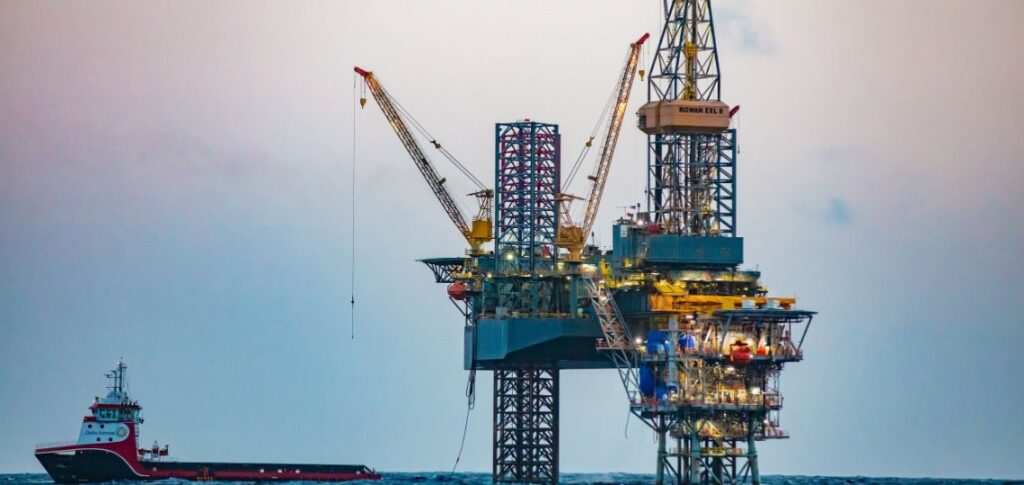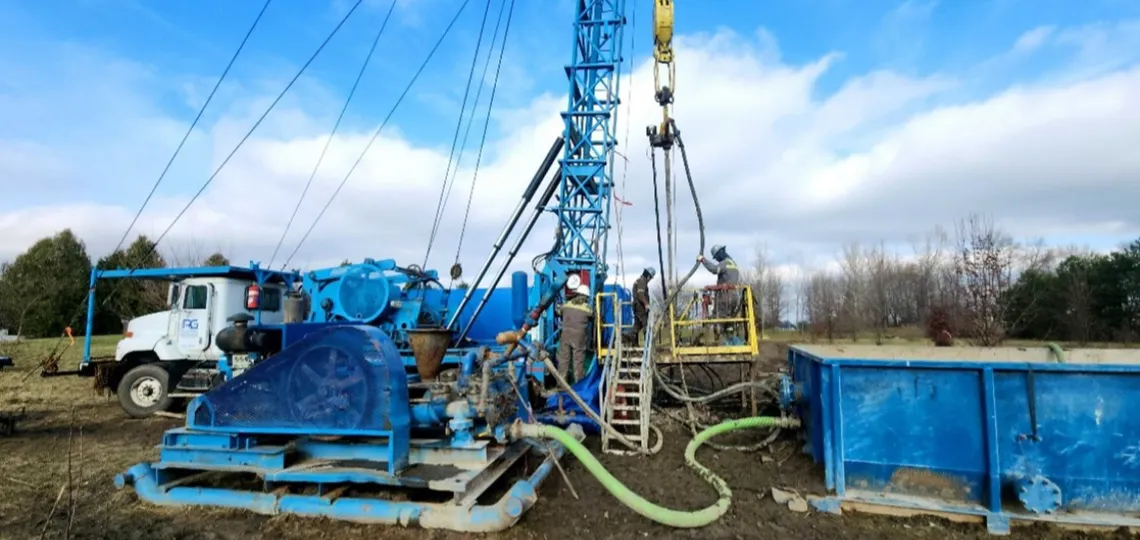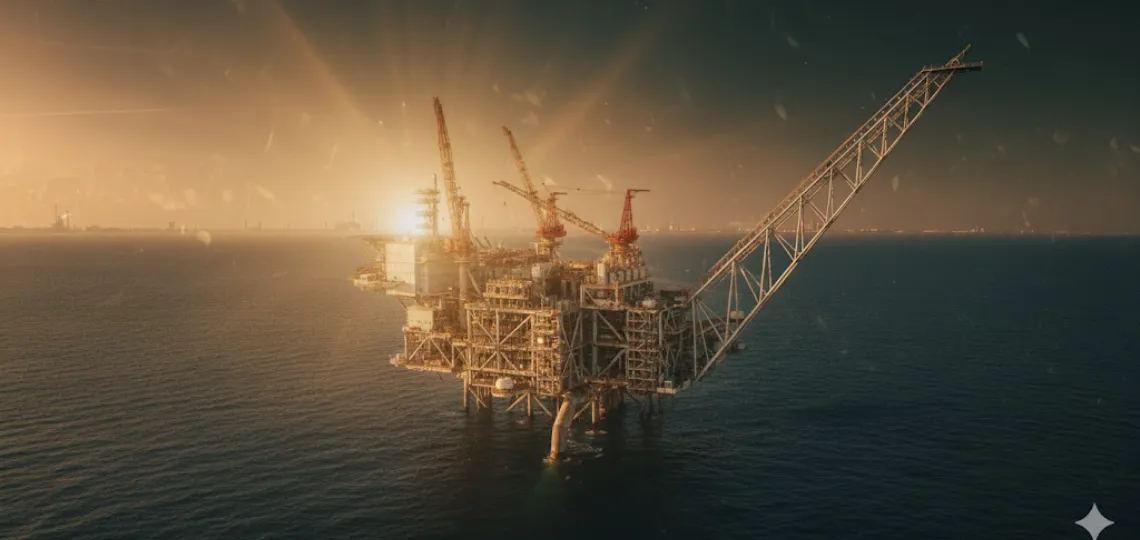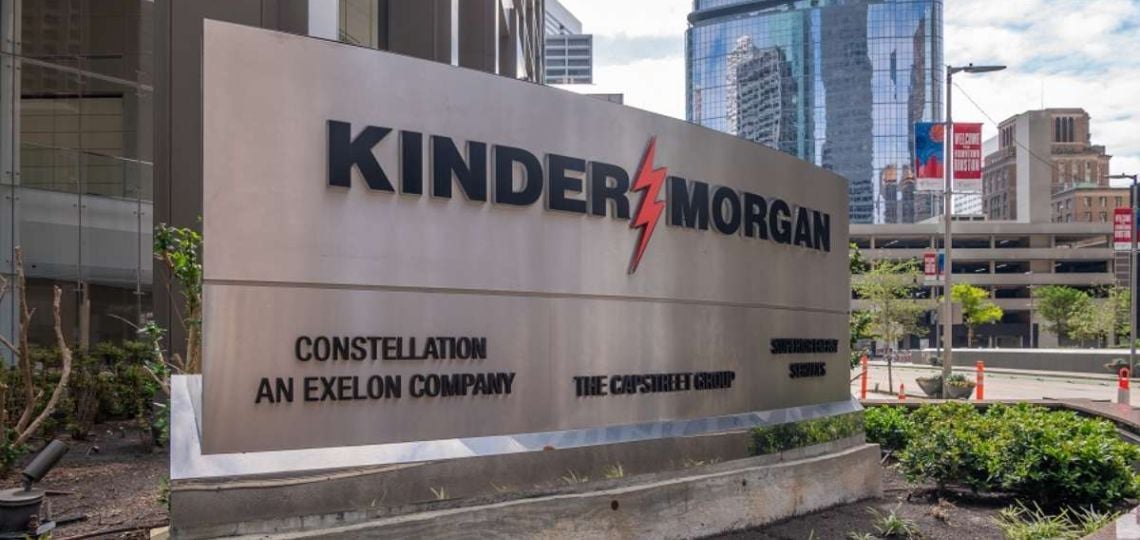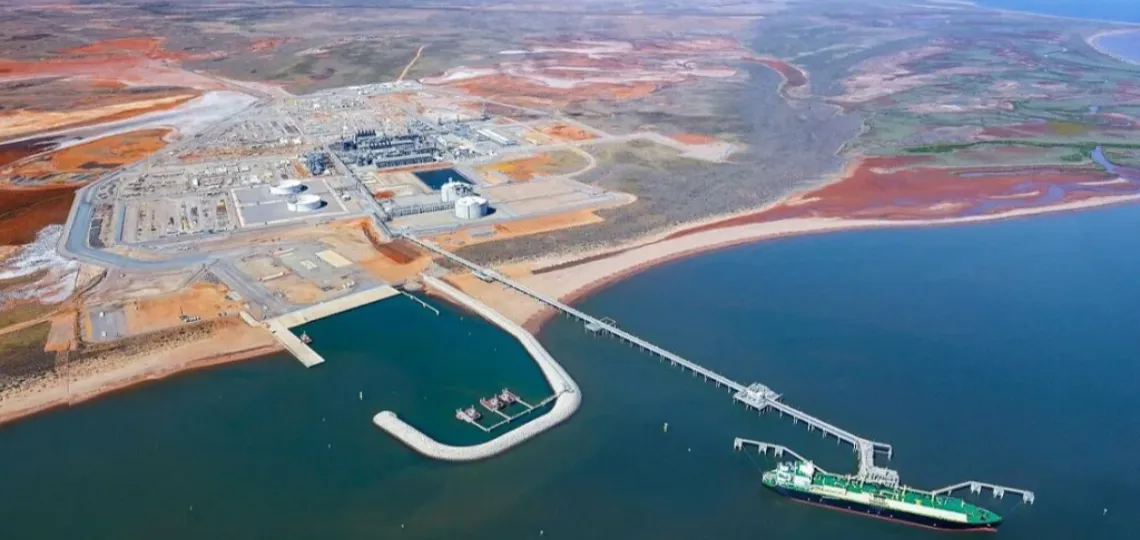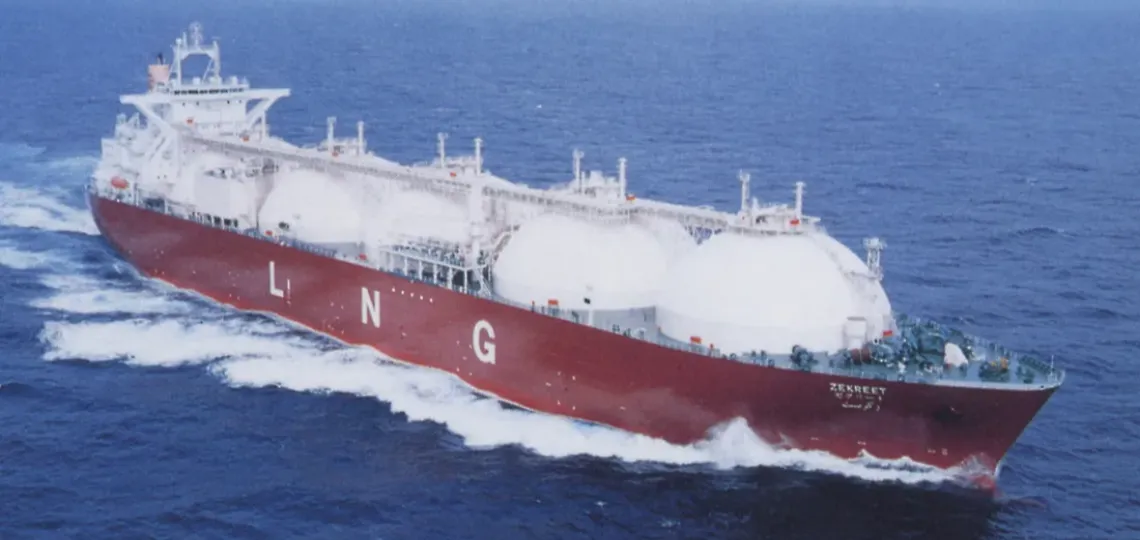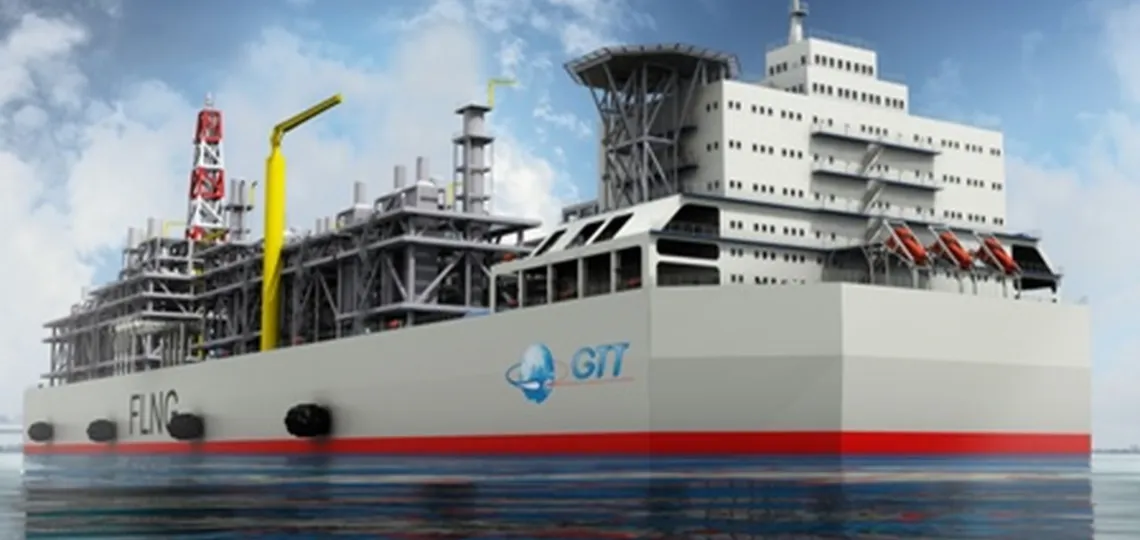The government of Tanzania reaffirms its determination to develop its gas sector in order to boost revenues and strengthen its regional role. Official sources indicate direct support from President Samia Suluhu Hassan in this endeavor. The Minister of Energy, Doto Biteko, emphasized the need to create a stable fiscal environment to realize a project estimated at $42 billion. Observers note that this initiative aims, in particular, to increase the country’s competitiveness compared with other offers in East Africa.
Focus on financial incentives and the value chain
The government strategy includes partial exemptions from certain customs duties and VAT on equipment related to Liquefied Natural Gas (LNG). Several international companies, including Shell and Equinor, are awaiting these measures to confirm their commitment. Tanzanian authorities also want to support regional businesses in engineering and construction, which could lead to higher initial costs for investors. According to specialists, this balance seeks to build local capacities while reassuring foreign partners about the project’s profitability.
In the coastal corridor, the government is considering attracting specialized operators in drilling, logistics, and oil services. Businesses from Asia and the Middle East are already assessing the possibility of partnering with local players for a long-term presence. The authorities place these alliances at the core of an industrial development vision, emphasizing skill transfer. Some observers highlight that these partnerships could stimulate employment and modernize port infrastructure.
Regional issues and progress in negotiations
Proximity to Mozambique, which is experiencing rapid offshore gas development, encourages Tanzania to expedite its own negotiations. International lenders are closely monitoring the agreement’s structure, particularly its fiscal provisions and transparency. Several market actors believe that any delay could jeopardize access to funding and damage the country’s image among investors. The ongoing discussions concern the finalization of a Host Government Agreement (HGA) designed to establish the project’s legal framework.
Signing this document should precede the Final Investment Decision (FID), a key step for the tangible start of construction. Government estimates point to the completion of the HGA by midyear, paving the way for a potential FID before the end of the coming financial period. Recent legislative revisions on natural resources, enacted in 2023, reflect a desire to balance national sovereignty with appeal for major companies. Local officials aim to launch construction swiftly, taking advantage of a global environment marked by strong LNG demand.


